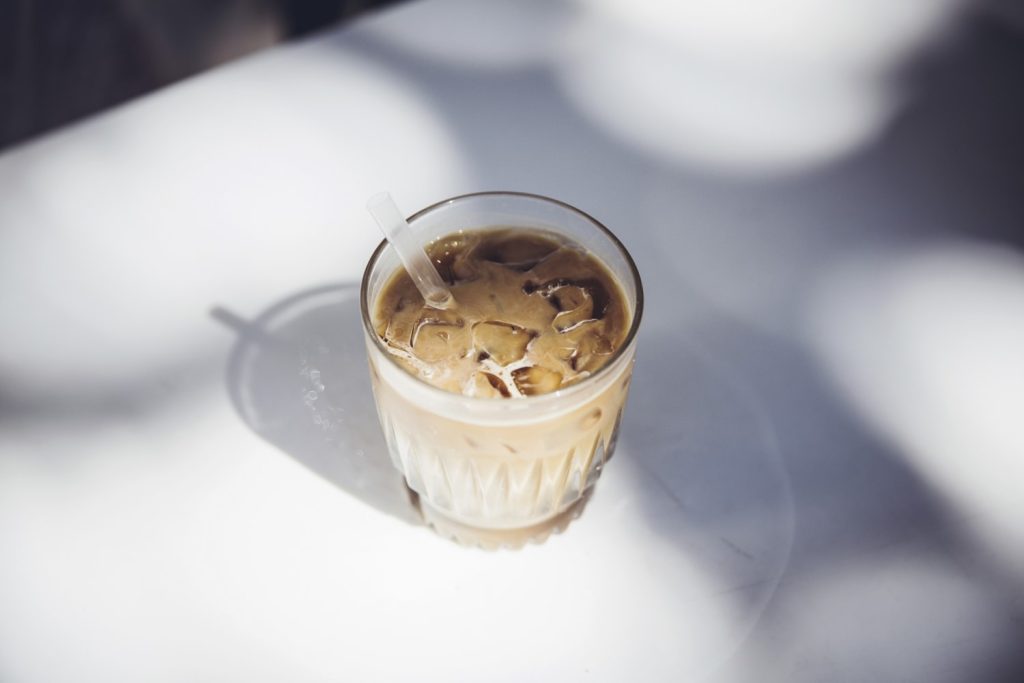Iced coffee purchases are on the rise, but they are often expensive.
We call it a convenience premium. Coffee prices reached record highsTrying to get some cold brew caffeine on the go this summer can be harder on your wallet than ever, with many consumers now finding better deals at the grocery store and on coffee they brew at home.
At cafes and restaurants, 35% of coffee orders are cold brew, up 7 percentage points since 2017, according to Darren Safer, a food and beverage analyst at research firm Circana. But as coffee drinkers have long known, ordering cold brew tends to be more expensive.
In the first quarter, U.S. consumers paid an average of $3.08 for a cup of regular coffee, $5.14 for cold brew coffee, and $5.46 for a latte. According to digital payment processor ToastCold drinks, which are usually more expensive, such as iced shaken espresso and matcha tea latte, It helped offset Starbucks’ decline in customer traffic. In the second quarter.
“If you want the cheapest option, buy it from a retailer,” Safer said, adding that convenience stores “may be able to undercut fast-food restaurants a little bit.”
Already, some consumers are starting to avoid the coffee counter.
Sixty percent of iced coffee spending from March 2023 to March 2024 will be for drinks purchased outside the home, down from 68% four years ago. At the same time, dry conditions in key growing regions are likely to continue. Pushing up global coffee prices Coffee is getting a little cheaper in U.S. grocery stores: Prices fell 1.6% in June from a year ago, according to federal data.
Luckily, coffee lovers now have more options for enjoying cold brew in the comfort of their own kitchen.
If you want the cheapest option, buy it from a retailer.
April: Instant coffee maker Nescafe It was published The company’s “first-ever cold-brew coffee” is brewed in bottles that hold dozens of servings and sells for $7.39 each — a few dollars more than the 16-ounce bottles of iced coffee sold at some Starbucks locations, before tax. The company said it is “seeing growing demand for espresso-based cold coffee beverages, as well as growing interest in making café-quality beverages at home.”
Keurig is releasing a “K-Brew+Chill” machine later this year for people who want to enjoy iced coffee at home. The company says the machine will sell for around $200 and can chill hot brewed coffee to a temperature “as cold as you’d find in a coffee shop” in under three minutes.
“The next evolution is going to be being able to bring coffeehouse-style beverages to the home or to the counter,” Josh Hewlett, senior vice president of product management, said in a recent interview. promotion video.
Some of that evolution has been years in the making. During the pandemic, many Americans drink coffee on the way to the office. Brewing your own coffee and sitting on the couch is a habit that grocery store brands like Nestle and Keurig are trying to reinforce, while cafe operators are trying to lure back cold brew drinkers. And brands that sell in both environments are trying to do both.
For example, Dunkin’ Trying to attract consumer interest The company is emphasizing its iced coffee and “refresh” lines this summer, advertising them under the banner “Big Dunkin’ Iced Energy.” An iced coffee bottle for use on the go or at home on retail shelves.
Smaller establishments are also trying to attract customers who don’t want to pay a barista $5 or more to pour cold brew from a jug.
Dave Ward, co-founder of Buddy Brew Coffee in the Tampa, Fla., area, said his company’s long-running at-home coffee-brewing classes are now “full.” The two-hour classes, held at its original cafes, include a $69 class on the science of brewing coffee and a $175 class on creating latte art.
Buddy Brew has raised menu prices by about 20% in 2021 and 2022 to offset rising costs for everything from labor, real estate and delivery to the coffee beans themselves. And like any big corporate chain, the company is finding that customers are a bit more budget-conscious these days: Foot traffic is up slightly, but average order value is down about 3% from last year.
But one advantage is Buddy Brew’s line of coffee products, which it sells in supermarkets like Whole Foods and Publix. The chain’s 12-ounce bags of coffee make about 24 cups. “Cold Brew Roast” The drinks are priced at $18 a pop on the company’s website, or about 75 cents per cup. Hyde Park, Tampa, Location That’s the price for a 20-ounce cold brew or 10.5-ounce canned option ordered online and picked up.
Buddy Brew has raised its food prices slightly, but its sales “continue to be incredibly strong,” Ward said.


